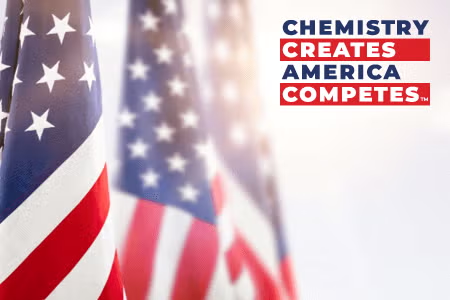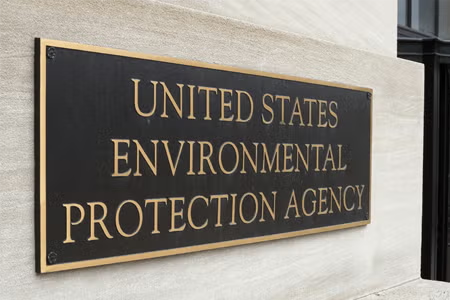Many important factors and issues are involved in robust chemical management in the U.S. and across the world. Governments worldwide establish chemical safety guidelines and regulations, and the United Nations and other international organizations work to promote safe use of chemical products globally. ACC partners with other chemical trade associations through the International Council of Chemical Associations.
In the U.S., the primary chemical management law is the Toxic Substances Control Act (TSCA), which was updated in 2016 by the Frank R. Lautenberg Chemical Safety for the 21st Century Act (LCSA). Those amendments to TSCA passed by overwhelming bipartisan majorities in the House and Senate. The regulation is implemented and enforced by EPA and applies to new and existing chemicals in commerce.
To help ensure that the law is implemented the way that Congress intended, ACC created the Center for Chemical Safety. Chemical specific consortia under this program serve as a scientific, technical and advocacy hub that assists ACC members and non-members to navigate the TSCA risk evaluation process. Stakeholder participation helps ensure EPA has sufficient information to conduct thorough evaluations based on hazard, use, and exposure.



